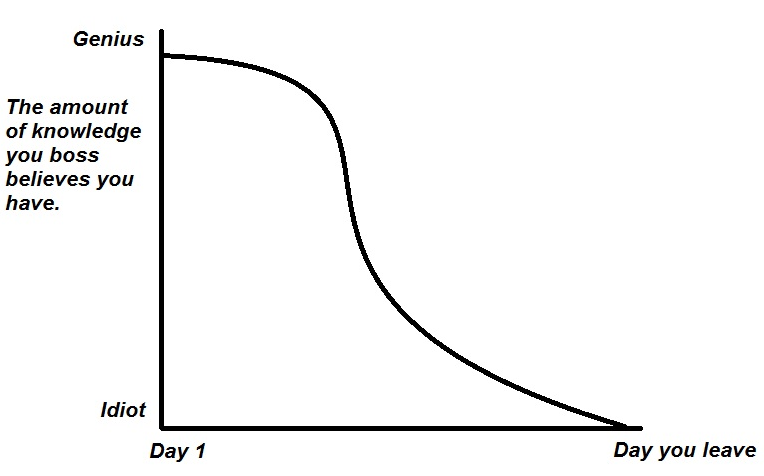Only Employment Lawyers and HR Pros from 1990 believe that Job Descriptions are important legal-type documents that are still needed in 2014. Most companies have given up on job descriptions (JDs). At best you’ll find them, today, using ones from back in 1990 when people thought writing JDs was an important part of human resources. You’ll still find a few HR Tech vendors around trying to make you believe this is an important skill to have.
Our reality, though, is that JDs are really just a marketing tool to get you interested in a position and company. Nothing more, nothing less.
If this is true, 99% of companies are failing at JDs in a major way!
The other 1% are using titles like “Ninja Developer” and think they’ve gotten it solved. The problem we all share is that we haven’t let marketing just take this part of our business over. It’s a legacy thing. Somehow we believe only people in HR can write job descriptions. It’s that ‘legal’ thing again. We need to make sure we put “EOE” on the bottom, and you know you can’t trust marketing to do that!
Last week a Facebook group I’m in shared the following employment branding commercial:
I know, this isn’t a job description, but do you really think the JDs at Kixeye look like your JDs? No, they don’t!
I know. I know. Your company can’t do something like this. You’re probably right. But you can do something that is more like you. More authentic. More real. More, well, you.
That’s the problem with your JDs. They aren’t you. In fact, I would argue they aren’t anyone!
Your JDs, most JDs, are just a boring list of job requirements, that may not actually be required, and skills needed to do the job, that may not actually be needed to do the job. Job descriptions have turned into those things most companies are embarrassed to even show you. Weekly, I have conversations with companies that will either say they don’t have a job description, or the job description is old and updated, or just flat out ask me to help right them a new one!
It’s time HR gave up the job description business and handed it over to marketing where it belongs.

